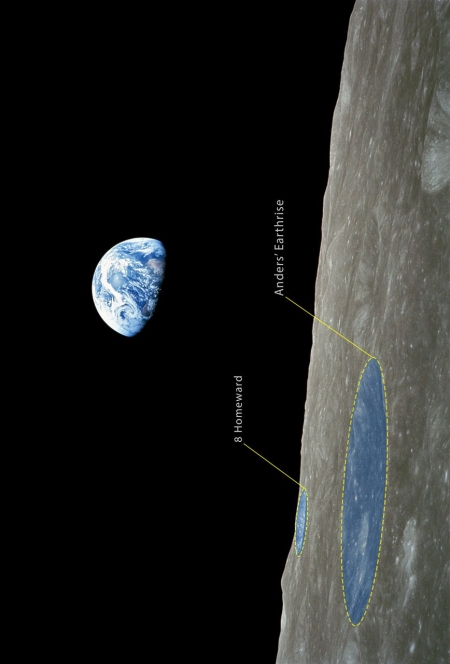
On October 2 I attended for the first time a monthly meeting of the Arizona Space Business Roundtable, an informal gathering put together by Stephen Fleming of the University of Arizona’s Strategic Business Initiatives and designed to allow the various space businesses of southern Arizona to network together as well as highlight what they are accomplishing to themselves and to others.
This particular meeting involved the presentation to the business community of a study that looked into the potential growth possibilities for space within the Tucson region. The study had been financed by the University of Arizona, several local venture capital companies, and the local county government, and had found that southern Arizona’s most likely source of space business in the near future would revolve around the need to track and monitor the large number of satellites expected to be launched in the coming decades. This would also involve substantial military work, as well as related space junk clean-up duties. The study also found that the southern Arizona space industry is well suited to provide much of the growing support services that future space missions, both governmental and private, will need. You can read more about the study’s results and the meeting at this Arizona Star article.
What struck me most about this gathering and the space industry of southern Arizona, however, is how much it resembles the regional space industries in numerous other places throughout the United States and the world. In fact, during a panel discussion after the presentation Fleming specifically asked the panelists — made up of several local companies (Vector, Worldview, Paragon) and two venture capital companies — what other regions in the U.S. posed the most competitive threat to southern Arizona. The panelists quickly listed Denver-Boulder, Silicon Valley in California, Huntsville in Alabama, the Space Coast in Florida, and New Mexico. They also made it clear that this list was not complete.
All of these regions are presently prospering and, more important, growing. All see a bright future in space, and all are aggressively competing to grab as large a market share in this future as they can. Even more significant, there appears to be more than enough business to go around. With numerous new countries pushing their own space efforts (China, India, UAE, Great Britain, Luxembourg, to name only a few), and both the American government as well as private companies attempting their own missions to the Moon and beyond, the possibilities appear endless. A lot of government money and investment capital is presently being poured into space, and numerous regions throughout the world are reaching for that money and the future profits it will bring.
And all of these regions are stock full of numerous independent and private companies and individuals, all pushing their own ideas about how space should be explored and conquered.
There are many aspects of the present charge to explore and settle the solar system that I do not like and believe will actually hamper and slow that exploration and settlement. Nonetheless, this charge is happening worldwide, and with amazing and increasing vigor. Even the worst proposals, such as NASA’s Gateway project, are going to eventually lead to new space technologies and capabilities that will sooner or later make it possible for the human race to routinely travel throughout the solar system.
It appears that the next two decades will lay the groundwork for the next few centuries of space exploration. And much of that groundwork will take place out of sight of the general public, with small companies located in regions like these. As with all great endeavors, the structure is that of a pyramid. At the top is the leader (such as SpaceX) that everyone watches and admires. Below it however is a vast subculture that provides the foundation for that leadership, even as it pushes upward to compete against it.
These are exciting times. I suggest if you love space you climb on the rocket now, before it picks up so much speed it will be beyond your reach.








